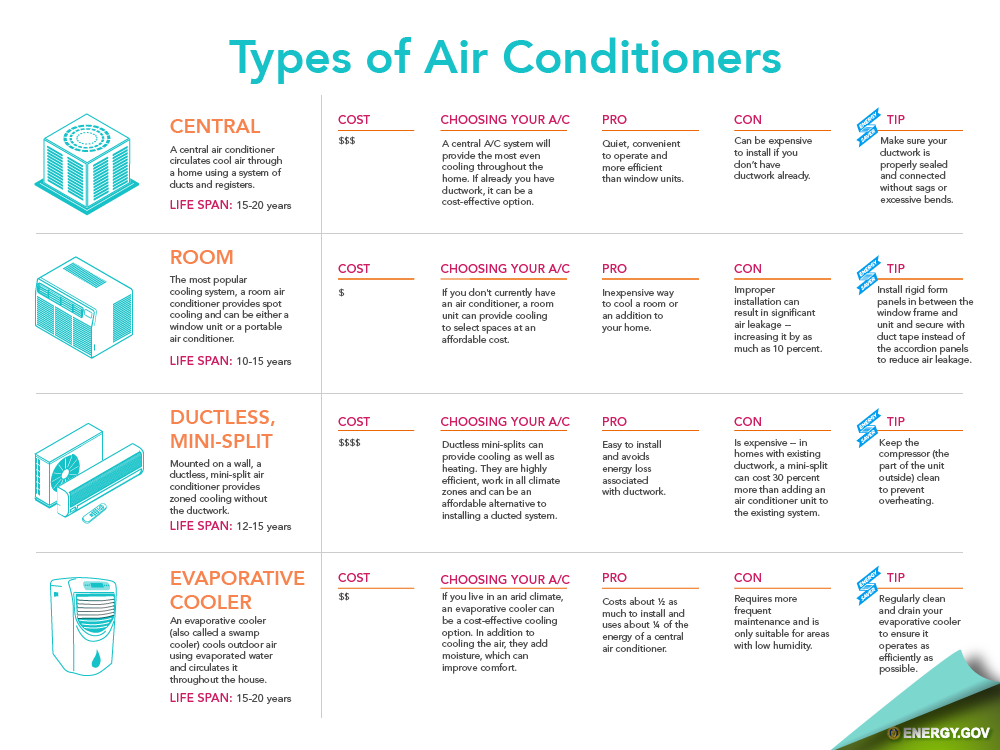Heatpump Vs Heater - Which Is The Better Home Heating Option For Your Home?
Heatpump Vs Heater - Which Is The Better Home Heating Option For Your Home?
Blog Article
Web Content By-McLamb Matthiesen
Many house owners know with furnaces, which warm homes with oil or gas and press hot air with ductwork. They are relatively affordable and can supply trustworthy heating even during a wintertime power failure.
Nevertheless, they make use of fossil fuels and produce carbon monoxide and various other air contamination. They likewise aren't as energy-efficient as a high-efficiency heat pump.
Expense
Usually, heat pumps are a lot more economical to operate than furnaces. They typically utilize electricity and cooling agent to extract warmth from outdoor air, and afterwards transfer it right into your home. You can benefit from less costly power rates throughout off-peak hours to better decrease your home heating costs.
Unlike heat pumps, gas or wood-burning furnaces utilize burning to create warmth, emitting flue gases into the ambience that can be hazardous to your wellness. These heaters are also less energy-efficient than heatpump, and their greater operating expense can build up with time.
Heaters are much more challenging than heat pumps and need routine upkeep to guarantee the proper feature of all components. Despite this, they tend to last longer than heatpump with a normal lifespan of 20 years or even more. However, you'll require to consider the price of gas, gas oil or timber and the added devices needed for installment and operation such as ducts and ventilation systems.
Energy Efficiency
Heatpump have a greater energy performance ranking than furnaces. These systems utilize power to scavenge warmth from the air, also in freezing temperature levels. They can also remove excess heat from the home throughout warmer months and recycle it to cool the system. Service provider professionals can help you identify the most effective design for your online on environment and source power prices.
Heating systems burn gas oil, gas, gas or various other sorts of fossil fuel to warm the air in the home. This air is after that spread through ductwork making use of a large follower. Heating systems create greenhouse gases and call for regular upkeep and devices upgrades to make certain risk-free operation.
The biggest benefit of a heater is that it can be run also in rough winter season problems since it does not depend on outdoor temperature levels to warm the air. Heaters also have a longer lifespan than heatpump and normally last 15 years. They can additionally be paired with dual fuel alternatives, which choose the most efficient heating alternative based upon the weather.
Climate
Heatpump function well in moderate environments and use much less source energy than furnaces. Nevertheless, if mouse click the next internet page is incredibly cold, you may need to purchase a typical gas furnace instead.
Furnaces provide warm, comfortable warm and typically provide rapid home heating to raise interior temperature levels. These systems can be made use of with a variety of fuel kinds, including gas, gas, oil or electricity.
They consume a lot more power than heat pumps-- as much as 3x as much-- and need ductwork that's expensive to install or retrofit. They're additionally extra costly to keep, as they can cause air top quality issues and produce greenhouse gas exhausts.
If you're devoted to decreasing your carbon footprint, a heat pump is a good option for your home. They have less greenhouse gas exhausts than furnaces, particularly if you pick an ENERGY STAR ® heatpump. look at more info can explain the distinctions between these 2 heating unit and help you make the most effective decision for your distinct demands.
https://window-washing-companies05049.liberty-blog.com/29420263/are-heat-pumps-one-of-the-most-reliable-a-c-service-for-your-home-a-comparative-analysis can be very power efficient when powered by natural gas, gas or oil, yet they aren't as energy reliable as heat pumps in cold climates. They can additionally be a lot more pricey to mount, requiring gas lines and ventilation systems.
However, heating systems tend to call for much less maintenance, which can result in lower continuous costs. https://hvaccleaningservices86421.ourcodeblog.com/29454578/debunking-the-expense-of-installing-and-keeping-a-heat-pump produce less greenhouse gases and are much more reliable than heat pumps during extreme climate.
Electric heat pumps are more flexible in developing indoor comfort due to the fact that they can also act as air conditioners throughout warmer months. They can be easier to keep, needing only normal air filter modifications and occasional vacuuming.
If you prefer the comfort of a solitary system that does it all, consider a crossbreed home heating option that sets a heating system with an electrical heatpump. These systems can automatically switch over between the two heating alternatives based upon your home's needs and temperature conditions, taking full advantage of performance and financial savings.